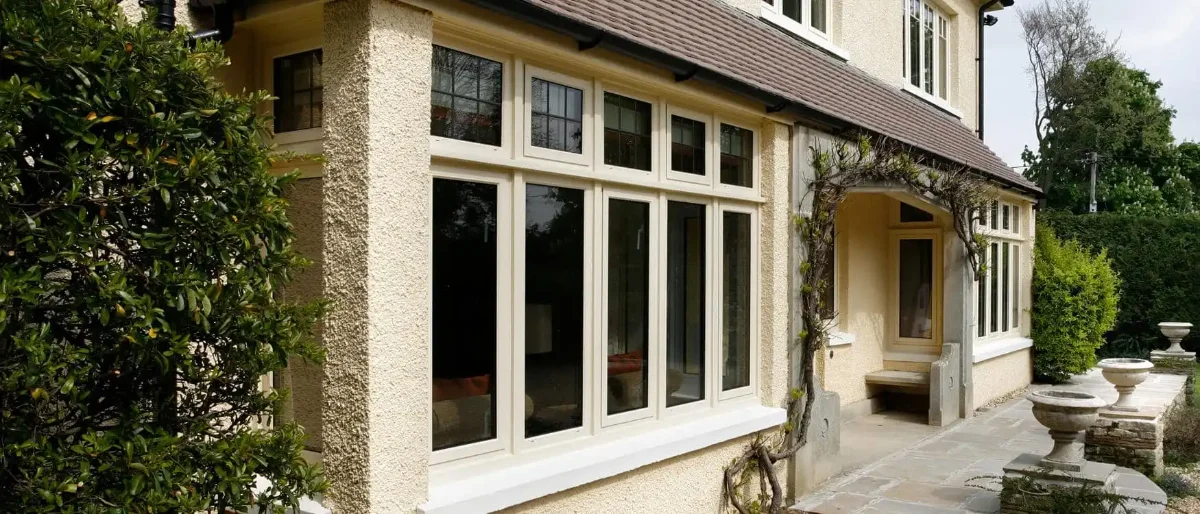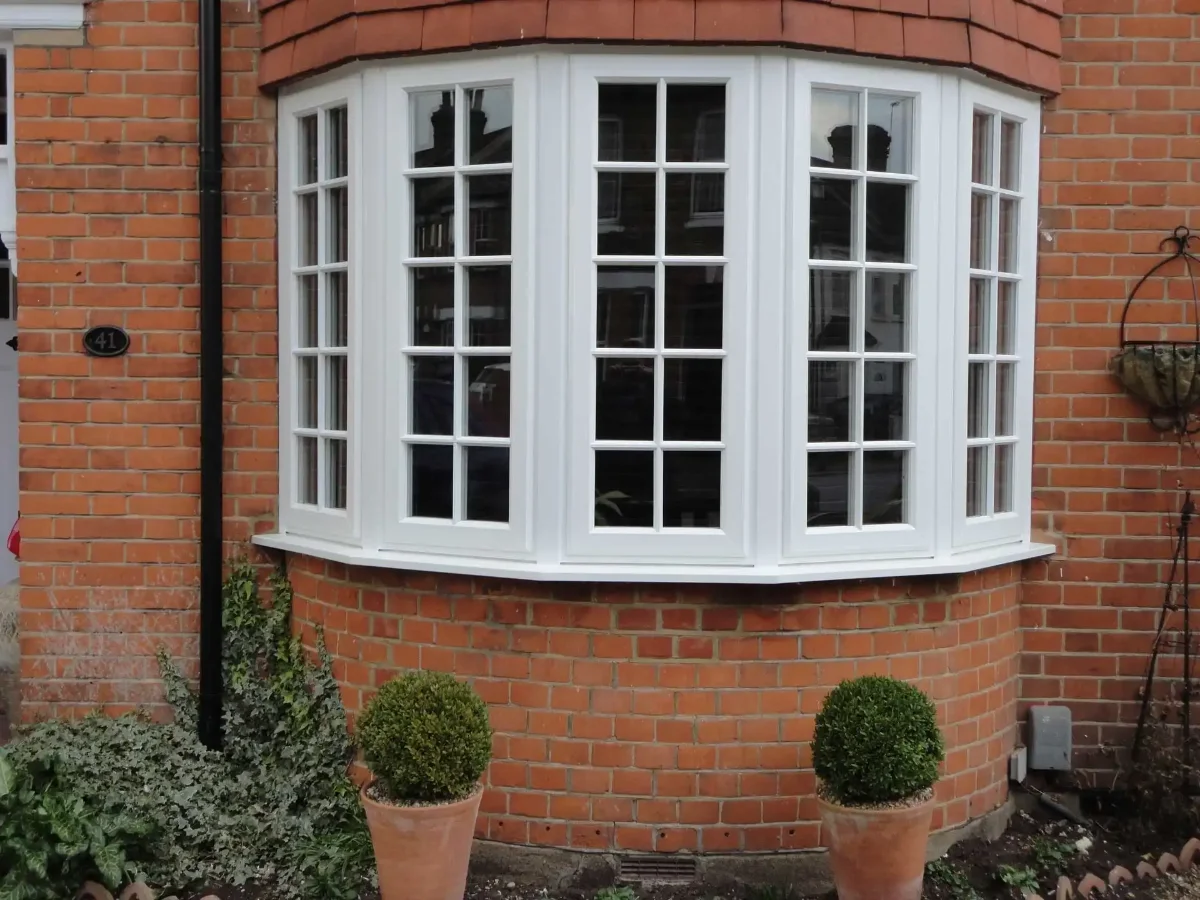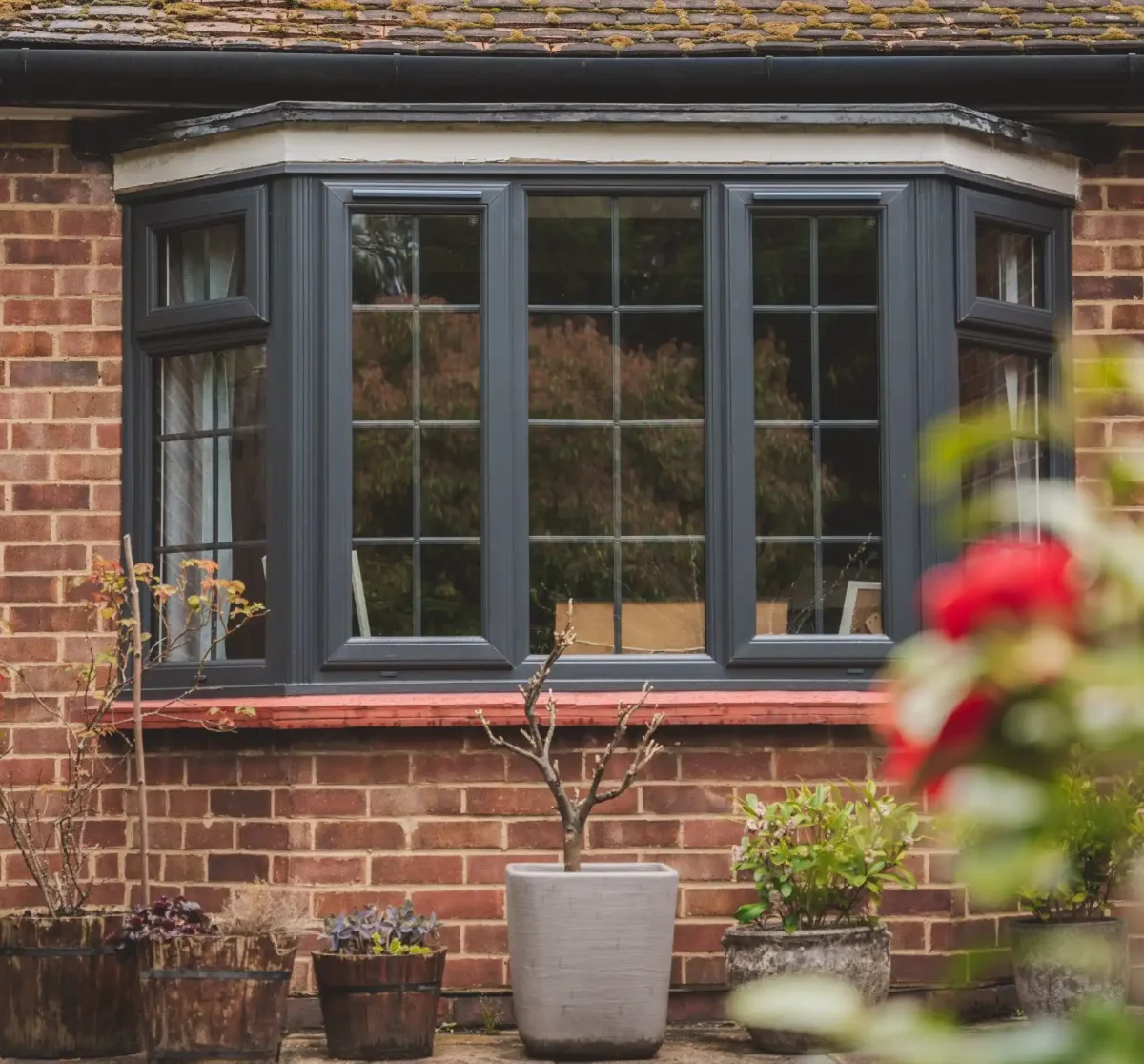Zero-Deposit Window Finance: What’s Really Behind the “No Money Down” Promise?
“No deposit! Pay nothing for 12 months! 0% finance available!” Sound familiar? If you’ve been shopping for new windows in Bishop’s Stortford, you’ve probably seen these enticing offers everywhere. But after 38 years in the window industry, I can tell you that when something sounds too good to be true, it usually is.
I’m Oliver Greene, and I’ve seen countless homeowners make costly mistakes with window finance. Today, I’m going to pull back the curtain on zero-deposit finance deals, show you the hidden costs that companies don’t advertise, and give you the tools to make smart financing decisions that protect your wallet and your credit score.
Whether you’re considering finance because you need new windows urgently or you want to preserve your savings, this guide will help you navigate the minefield of finance offers and find the deal that truly works for you.
Considering window finance? Get honest, no-pressure advice from our Bishop’s Stortford team who will explain all your options without the sales tricks.
The Psychology Behind Zero-Deposit Marketing
Before we dive into the mechanics, let’s understand why these offers are so appealing—and why companies use them.
Why “Zero Deposit” Works on Customers
- Removes the biggest barrier: Many people have £10,000+ for windows but don’t want to part with it all at once
- Creates urgency: “Limited time offer” pushes quick decisions
- Sounds risk-free: No upfront cost feels safer (it isn’t always)
- Enables impulse buying: Easier to say yes when there’s no immediate cost
Why Companies Love Zero-Deposit Finance
- Higher conversion rates: More customers say yes
- Larger average orders: People spend more when they’re not paying upfront
- Built-in profit margins: Finance charges often exceed the company’s cost of capital
- Customer lock-in: Monthly payments create ongoing relationship
The Truth About “Interest-Free” Finance
Let’s start with the biggest misconception: “interest-free” doesn’t mean “cost-free.”
How Companies Make Money on “0% Finance”
- Higher base prices: The windows cost more than the cash price
- Administration fees: Setup fees, documentation charges
- Insurance products: Payment protection, warranty extensions
- Volume rebates: Finance companies pay commissions to window companies
- Default profits: They make money when customers miss payments
Oliver’s Take: The “Cash vs Finance” Test
“Here’s what I tell every customer: ask for both the cash price and the total amount payable on finance. If the finance total is higher—and it usually is—that difference is the true cost of the finance, regardless of what they call it. I’ve seen ‘0% finance’ deals where customers pay £2,000+ more than the cash price.”
Common Types of Zero-Deposit Finance
1. Genuine 0% APR (Rare)
- What it is: True interest-free credit
- The catch: Usually very short terms (6-12 months), strict credit requirements
- Who qualifies: Excellent credit scores (750+), high income
- Real cost: Often none, if you can get it
2. Deferred Interest Plans
- What it is: No interest for X months, then full rate kicks in
- The catch: If you don’t pay off the full balance before the promotional period ends, you’re charged interest from day one
- Common terms: “12 months interest-free, then 29.9% APR”
- Real cost: Potentially very high if you don’t pay off in time
3. Buy Now Pay Later (BNPL)
- What it is: No payments for several months, then regular payments start
- The catch: Interest often accrues from day one, even during the “free” period
- Common terms: “Nothing to pay for 12 months”
- Real cost: Interest charges that compound during the payment holiday
4. Hire Purchase Agreements
- What it is: You hire the windows and own them after the final payment
- The catch: Higher total cost, and technically the finance company owns the windows until paid off
- Common terms: Fixed monthly payments over 5-10 years
- Real cost: Typically 15-25% more than cash price
The Hidden Costs You Need to Know About
Setup and Administration Fees
- Documentation fee: £50-£200
- Credit check fee: £25-£50
- Arrangement fee: 1-3% of loan amount
- Payment processing: £2-£5 per monthly payment
Insurance and Protection Products
- Payment Protection Insurance (PPI): Covers payments if you’re unable to work
- Life insurance: Pays off loan if you die
- Extended warranties: Additional coverage beyond standard guarantee
- Cost: Can add 20-40% to your monthly payment
Early Settlement Penalties
- Rule of 78: Front-loads interest so early repayment saves less than expected
- Fixed penalties: Flat fee for paying off early
- Minimum interest: You pay a minimum amount of interest even if you pay off immediately
Default and Late Payment Charges
- Late payment fees: £25-£50 per missed payment
- Default charges: Additional fees if you fall behind
- Debt collection costs: Legal and administrative costs passed to you
- Credit score damage: Missed payments affect your credit rating for 6 years
Red Flags to Watch Out For
High-Pressure Sales Tactics
- “This offer expires today”
- “I need a decision now to get this price”
- “The finance company might not approve you tomorrow”
- “This is our best deal, but only if you sign today”
Unrealistic Claims
- “Completely free finance”
- “No credit checks required”
- “Guaranteed approval regardless of credit history”
- “Pay nothing ever” (usually means costs are hidden elsewhere)
Pushy Add-Ons
- Pressure to buy payment protection
- “Recommended” extended warranties
- Expensive installation extras
- Upgraded specifications you don’t need
How to Evaluate Finance Offers Properly
The Essential Questions to Ask
- What’s the total amount I’ll pay over the full term?
- What’s your cash price for the same windows?
- What’s the true APR, including all fees?
- Can I pay off early without penalty?
- What happens if I miss a payment?
- Who actually owns the windows during the finance period?
The Calculation That Matters
Total Finance Cost = Total Amount Payable - Cash Price
For example:
- Cash price: £8,000
- Finance total: £10,400 over 5 years
- True cost of finance: £2,400 (30% more than cash)
Compare Against Alternatives
- Personal loan from your bank: Often cheaper than store finance
- Credit card: May offer genuine 0% periods
- Savings: Using your own money avoids all interest
- Partial finance: Pay a deposit to reduce the amount financed
When Zero-Deposit Finance Makes Sense
Good Reasons to Consider Finance
- Genuine emergency: Windows are failing and you need immediate replacement
- Cash flow management: You have the money but prefer to keep it liquid
- True 0% deal: Rare, but genuine interest-free credit can be beneficial
- Budgeting preference: You prefer fixed monthly costs
Bad Reasons to Use Finance
- To buy more expensive windows than you can afford
- Because the salesperson is pressuring you
- To avoid using savings (unless there’s a specific strategic reason)
- Because “everyone does it”
Alternatives to Zero-Deposit Finance
Personal Loans
- Pros: You own the windows immediately, often lower rates than store finance
- Cons: Requires good credit, separate application process
- Best for: Larger amounts, longer terms
Credit Cards
- Pros: Some offer genuine 0% periods, strong consumer protection
- Cons: High rates after promotional period, credit limit restrictions
- Best for: Smaller amounts, short-term finance
Specialist Window Finance Companies
- Pros: Understand the industry, flexible terms
- Cons: Often more expensive than mainstream lenders
- Best for: Customers with specific credit situations
Save First, Buy Later
- Pros: No interest, no debt, full ownership
- Cons: Delayed gratification, windows may deteriorate further
- Best for: Non-urgent replacements
Frequently Asked Questions
Is zero-deposit window finance really free in Bishop’s Stortford?
Zero-deposit means no upfront payment, but it’s rarely ‘free’. The cost is usually built into the total price through higher window costs or interest charges. Always compare the total amount payable with the cash price to see the true cost of finance.
What credit score do I need for zero-deposit window finance?
Most zero-deposit schemes require a credit score of 650+ (Fair to Good). If you have poor credit, you may face higher interest rates or need a guarantor. Some companies offer specialist bad credit finance, but rates can be significantly higher.
Can I pay off zero-deposit finance early without penalties?
This varies by lender. Some allow early repayment without penalty, while others charge fees or use the ‘Rule of 78’ which front-loads interest. Always check the early settlement terms before signing any finance agreement.
What happens if I can’t keep up with finance payments?
Missing payments can damage your credit score and may result in the finance company taking legal action. In extreme cases, they could seek to recover the windows. Always ensure you can comfortably afford the monthly payments before committing.
My Professional Recommendation
After nearly four decades in this industry, here’s my honest advice: if you can afford to pay cash, pay cash. The peace of mind of owning your windows outright, avoiding interest charges, and having no monthly commitments is worth more than any perceived benefit of keeping your money in the bank.
If you do need finance, shop around. Don’t just accept the first offer from the window company. Your bank, building society, or a specialist loan broker may offer better terms.
Most importantly, never let finance options push you into buying more than you need or can afford. The best window deal is the one that gives you quality windows at a price you can comfortably manage.
Before considering finance, make sure you understand the full cost of window installation in Bishop’s Stortford.
When comparing finance quotes, use our quote comparison guide to ensure you’re making fair comparisons.
Be aware of hidden costs that might not be included in finance calculations.
For comprehensive pricing information, visit our window costs and finance hub.
Ready to explore your window financing options honestly and transparently? Contact our Bishop’s Stortford team for straightforward advice on both cash and finance options, with no pressure and no hidden agendas.





![Common Window Installation Mistakes & How We Avoid Them [Bishop's Stortford]](/images/windowsbishopsstortford-blogimages/dommoore_2018_mccarter_april_300dpi-3821-scaled_compressed-geotagged.webp)